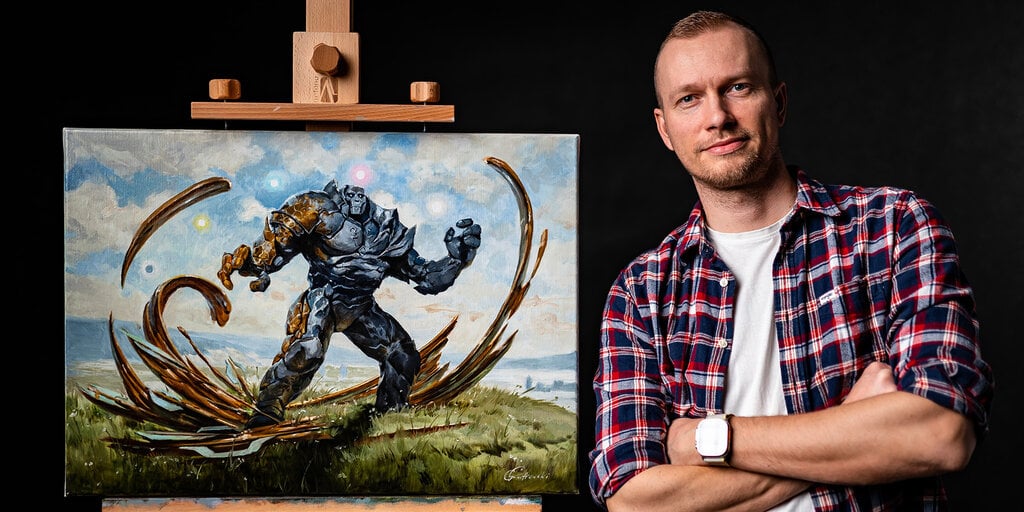Greg Rutkowski, a digital artist known for his surreal style, opposes AI art but his name and style have been frequently used by AI art generators without his consent. In response, Stable Diffusion removed his work from their dataset in version 2.0. However, the community has now created a tool to emulate Rutkowski’s style against his wishes using a LoRA model. While some argue this is unethical, others justify it since Rutkowski’s art has already been widely used in Stable Diffusion 1.5. The debate highlights the blurry line between innovation and infringement in the emerging field of AI art.



But I’m not.
You’re trying to say that, because this one law doesn’t say it’s bad it must therefore be good (or at least okay).
I’m simply saying that if you profit from someone else’s labor, without compensating them (or at least getting their consent), you’ve stolen the output of that labor.
I’m happy to be done with this, I didn’t expect my first Lemmy comment to get any attention, but no, I’m not going to suddenly be okay with this just because the legal definition of “stealing labor” is to narrow to fit this scenario.
The law doesn’t even say it’s okay. What FaceDeer is referring to is that copyright infringement is a different category of crime than theft, which is defined as pertaining to physical property. It’s a meaningless point because, as you said, this isn’t a courtroom and we aren’t lawyers and the concept of intellectual property theft is well understood.
It’s a thing engineers and lawyers often seem to do, to take the way terms are used in a particular professional jargon and assume that that usage is “the real” usage.